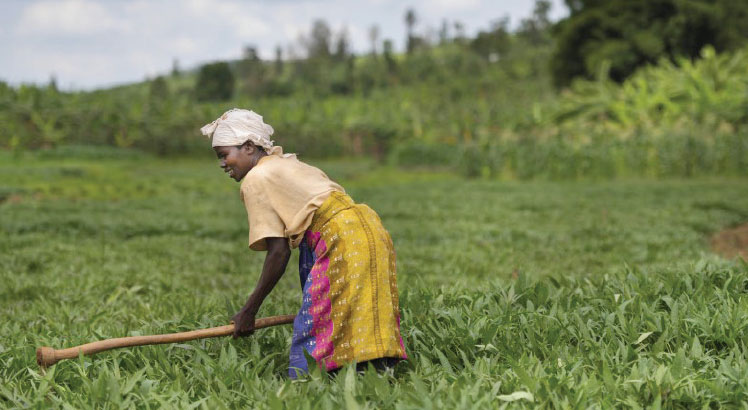Govt tipped on local,foreign investment
Malawi Investment and Trade Centre (Mitc) and the European Union (EU) have urged the Malawi Government to create a conducive environment for businesses to thrive and opportunities for the private sector to invest.
The recommendation comes amid concerns that allocations to the agriculture, tourism and mining sectors in the proposed 2024/25 National Budget Minister of Finance and Economic Affairs Simplex Chithyola Banda presented in Parliament on Friday may not be enough to stimulate local economic growth.
In the budget, the minister raised the agricultural budget in nominal terms from K455.1 billion to K499.75 billion but as a percentage of total expenditure estimated at K5.98 trillion, the allocation has dropped 3.2 percentage points from 11.8 percent to 8.6 percent.

The allocations to the tourism sector at K4.8 billion and mining at K3.5 billion collectively account for 0.13 percent of the total budget.
But commenting on the allocations on Sunday, Mitc chief executive officer Paul Kwengwere said the government has laid the groundwork for development through its allocation to the development budget, which has risen to 30 percent of total expenditures.
He, however, urged the government to ensure that the funds are spent on the projects they were intended for to maintain the donor confidence.
Said Kwengwere: “Overall, most times this money is withdrawn if the country does not use it for its intended purpose.
“But if we cling on and make sure that the money is going to the right development areas, then the money will be utilised effectively.”
In a separate interview, EU Ambassador Rune Skinnebach urged the government to undertake legislative and regulatory reforms to encourage the private sector and foreign investors to fill in the gaps left by the government.
“For example, if the government wants foreign investments in the mega arms project, it should have a second look at the land laws, the Special Crops Act and the existing foreign exchange retention schemes,” he said.
Local exporters previously complained that they face challenges to access foreign exchange for buying raw materials.





